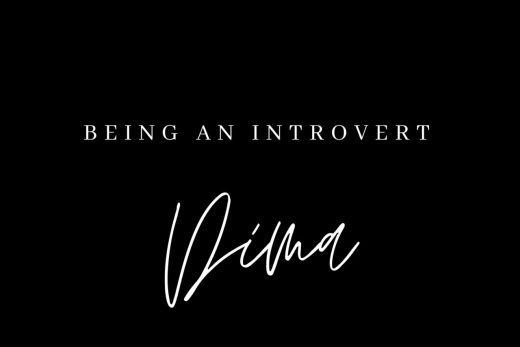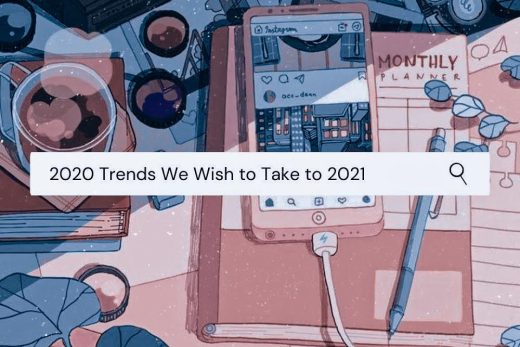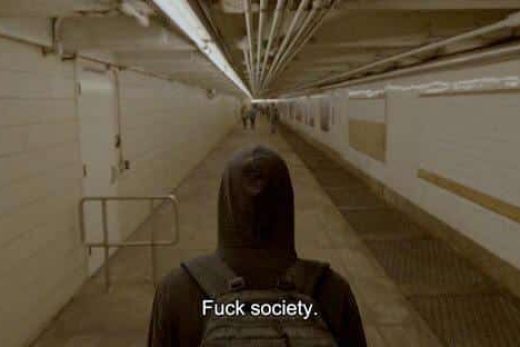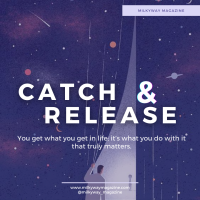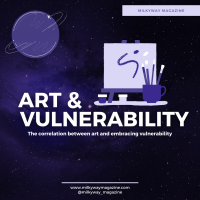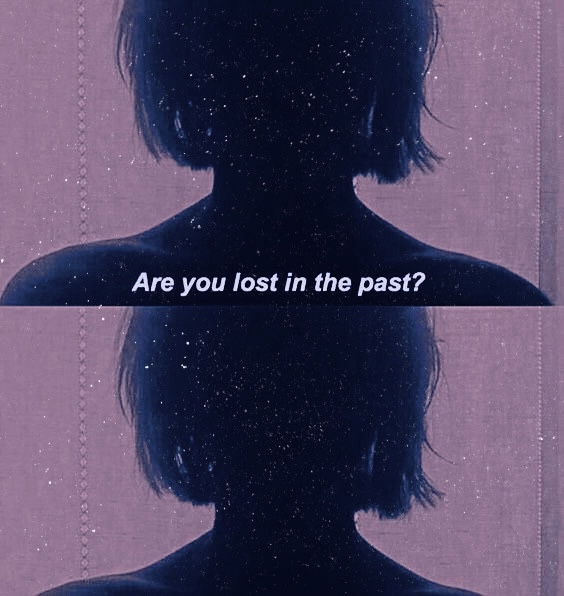
Writer: Lamia Gamil
Editor: Khaled Mohamed
Anthropologists study the past to explain the present. It isn’t wrong to acknowledge the past, but it is wrong to let our past form our identity and shape who we are today unconsciously. If a person is unable to filter the baggage, the past, things will start to get murky.
That’s because the past is a non-renewable factor for a multitude of reasons: the people involved were different, the timeframe was different, the energy was different, the feelings were different, the entire context was different, and the person suffering has changed, yet refuses to acknowledge it.
Everything around us is dynamic, including our feelings. What a person wanted yesterday might be of no value today. That one person who seemed to be the supervillain of your story might just be the most vulnerable and helpless person you would ever know today. The love of your life, ten or fifteen years ago, has probably drifted thousands of miles apart from the person you knew back then.
The problem is not the context, the people you think you have trouble with, or the love you are searching for, the problem merely lies in your head. It’s your inability to accept and let go. Embracing this cup of truth is so filling and rejuvenating. It makes us view life from a broader perspective, one that accepts all possibilities and rejects to cave-in to a single trauma or ordeal. A perspective that makes us believe that love is not limited to a certain moment or glued to a certain person. A perspective that makes us feel free no matter our status or challenges.
What had hurt you back then will not necessarily hurt you now. Our emotions, just like our bodies, have the ability to build an immune response; it’s just that this person did not get the chance to explore his or her inner capabilities. We live in a world where everything moves in circles; our feelings, internal body systems, the food chain, the ecosystem we’re living in, etc. We function in an interdependent system, and are constantly responding and adapting to change. Circular systems are the only explored path that results in the procreation of a new plant and a fresh start. There is nothing new that could be created from linearity.
Bringing the past to the present and not allowing it to mature and evolve is like making something grow in size without real content. It’s futile and empty, like the filling of one’s mind and heart with an ever-inflating, unfulfilling, empty balloon. Holding onto the past is nothing but being stuck in an unsettled psychological dilemma: “I want more of that”, not realizing that you outgrew it a long time ago, or you keep shielding yourself from that villain that probably fears you more than you ever once did fear him.
The past doesn’t always have to represent something bad, it might also represent a phase of your life where you felt safe and loved, even if that’s only what your mind wants you to believe. But either way, what a person fears or misses from the past does not necessarily resemble the magnitude that they were once given previously. If only the brain had the chance to acknowledge that change. Being obsessed about the past, whether it was good or bad, speaks of an unresolved internal issue that is preventing this person from pursuing a stable, fulfilling, and joyful life in the present.

